The Connection Between Schizophrenia and Creativity
16 February 2025
When you think of schizophrenia, the first things that come to mind are probably hallucinations, delusions, or erratic behavior. But what if I told you that there might be a link between schizophrenia and creativity? Yes, you read that right! Some researchers and psychologists believe that there could be a connection between the two. Now, before you start imagining every creative genius as someone battling mental illness, let's unpack this fascinating relationship.
Schizophrenia is a serious mental disorder that affects how a person thinks, feels, and behaves. On the flip side, creativity is seen as the ability to come up with new ideas, think outside the box, and approach problems from different angles. So, how do these two seemingly opposite things come together? Let's dive deeper into the connection between schizophrenia and creativity.
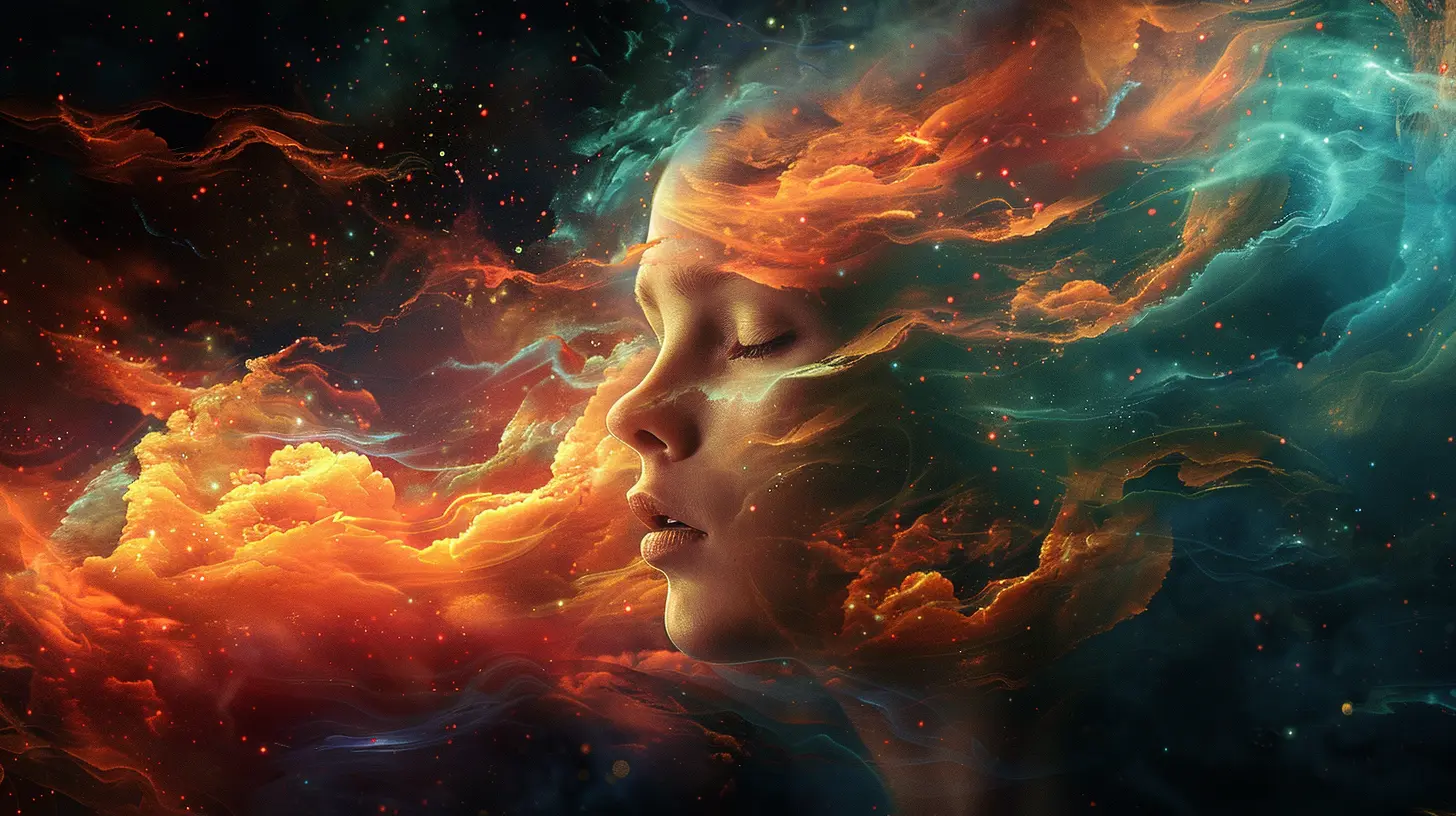
What Is Schizophrenia?
Before we explore the creativity link, it's essential to understand schizophrenia a little better. Schizophrenia is a chronic mental health condition that affects around 1% of the population worldwide. It typically manifests in late adolescence or early adulthood and comes with a range of symptoms that can vary from person to person.Some of the most common symptoms of schizophrenia include:
- Hallucinations (hearing voices or seeing things that aren't there)
- Delusions (believing things that aren’t true or logical)
- Disorganized thinking (having trouble organizing thoughts or speaking in a way that makes sense)
- Social withdrawal (avoiding interactions with others)
Sounds intense, right? It can be. But it’s essential to remember that schizophrenia exists on a spectrum, and not everyone with the condition exhibits every symptom. The disorder can also fluctuate in severity, with periods of more intense symptoms and times when symptoms are more manageable.
The Cognitive Side of Schizophrenia
One of the lesser-talked-about aspects of schizophrenia is how it affects cognition, or the ability to think and process information. People with schizophrenia often experience issues with memory, attention, and problem-solving. However, some researchers have suggested that these cognitive differences could be linked to enhanced creativity.Why? Because many creative processes involve seeing the world differently, thinking in novel ways, and making unexpected connections between ideas—things that people with schizophrenia might do more naturally as a result of their unique cognitive processing.
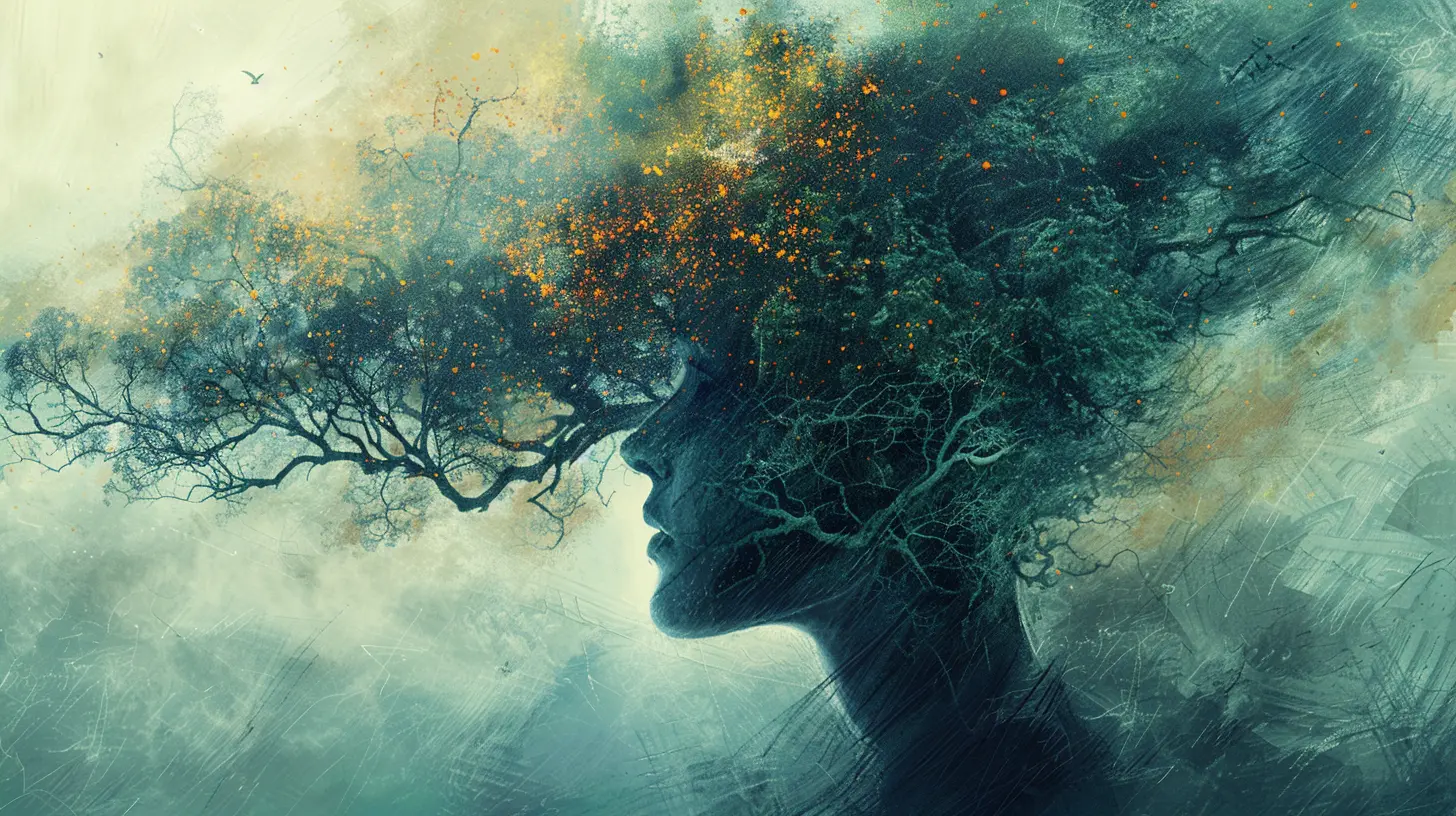
What Is Creativity?
Creativity is one of those slippery concepts that can be hard to define. Ask ten different people what creativity means, and you might get ten different answers. However, at its core, creativity is about coming up with new ideas, solving problems in original ways, and expressing oneself in unique forms.There are different types of creativity, too. You can have:
- Artistic creativity, like painting, writing, or composing music.
- Scientific creativity, like coming up with groundbreaking theories or inventions.
- Everyday creativity, like finding new solutions to everyday problems or coming up with a clever joke.
So, creativity isn't just about being an artist or a musician. It can take many forms, and it often involves seeing the world in a way that others don’t.
Divergent Thinking vs. Convergent Thinking
When we talk about creativity, we often talk about two types of thinking: divergent thinking and convergent thinking.- Divergent thinking is the ability to generate many different ideas or solutions to a problem. It’s about thinking outside the box and approaching problems from multiple angles.
- Convergent thinking, on the other hand, is about finding the one "correct" answer to a problem. It’s more logical and linear.
People with schizophrenia, or those prone to psychotic disorders, are often said to have more "loose" associations between ideas, which can lead to more divergent thinking. This ability to make unexpected connections is a hallmark of creativity.
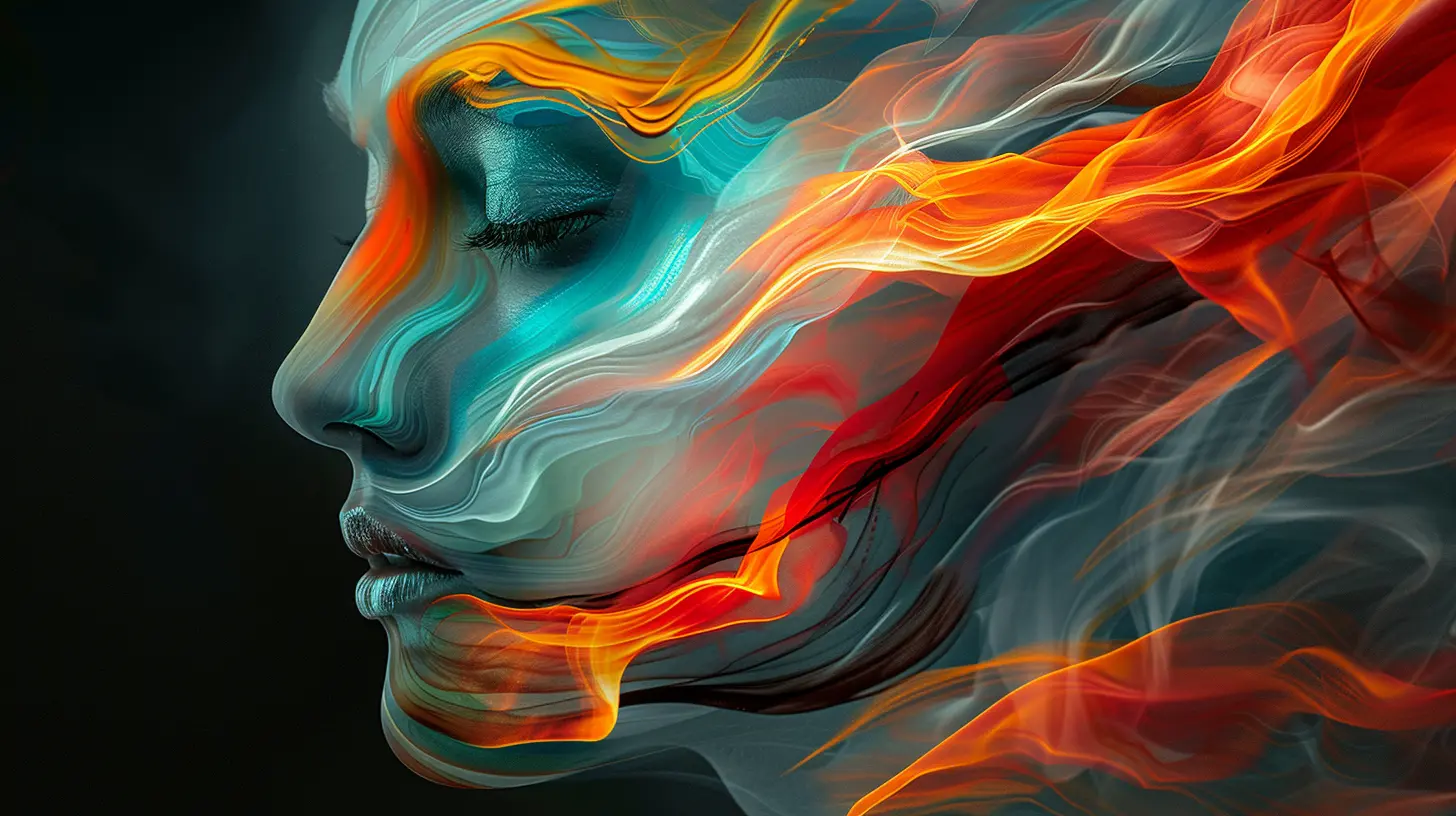
The Historical Connection Between Mental Illness and Art
Historically, there’s been a romanticized link between madness and genius. Think of famous artists and writers like Vincent van Gogh, Sylvia Plath, or Virginia Woolf, who all struggled with mental health issues but are celebrated for their creative genius.While it's tempting to believe that mental illness is the "price" of creativity, it’s important to be cautious about drawing these types of conclusions. Just because someone is creative doesn’t mean they have to suffer from a mental disorder, and having a mental disorder doesn’t automatically make someone creative.
That said, there is some evidence that people with schizophrenia—or those at risk of developing it—are more likely to pursue creative professions. Studies have shown that individuals in creative fields, such as artists, writers, and musicians, are slightly more likely to have a close relative with schizophrenia, suggesting a genetic link between creativity and the disorder.
Schizotypy and Creative Potential
Researchers have also looked at a concept called schizotypy—a personality trait that includes unusual thinking patterns, magical beliefs, and a tendency toward eccentric behavior. People with high levels of schizotypy share some characteristics with people who have schizophrenia, but they don’t meet the full criteria for the disorder.Interestingly, people with high levels of schizotypy often score higher on creativity tests. They tend to have more original ideas, engage in more divergent thinking, and are more likely to pursue creative activities. This suggests that some of the traits associated with schizophrenia might actually enhance creativity—at least in individuals who don’t develop full-blown psychosis.
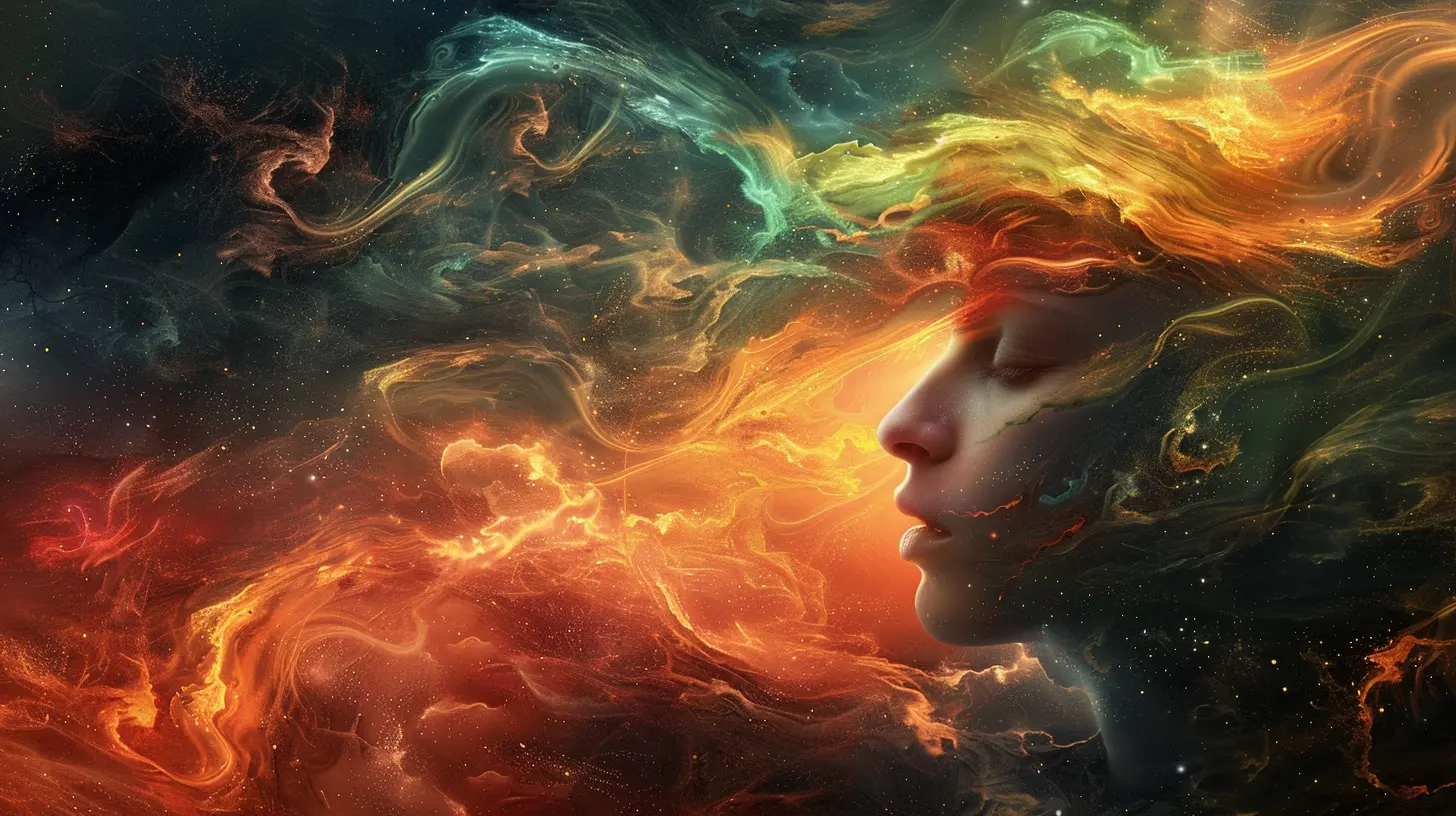
The Science Behind Schizophrenia and Creativity
Now, here's where things get even more interesting. Some studies have tried to find a biological basis for the link between schizophrenia and creativity. One theory is that both schizophrenia and creativity are associated with dopamine, a neurotransmitter that plays a key role in the brain’s reward system and is involved in motivation, pleasure, and learning.Research has shown that people with schizophrenia often have an overactive dopamine system, which might contribute to their unusual thinking patterns and hallucinations. But here's the twist: dopamine also plays a role in creativity. High levels of dopamine can promote more flexible thinking and divergent thought processes, which are essential for creative problem-solving.
The Role of the "Default Mode Network"
Another biological explanation involves the brain’s default mode network (DMN), which is a group of brain regions that are active when we’re daydreaming, imagining the future, or thinking creatively. Studies have found that people with schizophrenia have altered activity in their DMN, which might explain why they often have more vivid imaginations and more creative thoughts.In fact, some researchers argue that schizophrenia and creativity might represent two sides of the same coin. On one side, you have the potential for creative breakthroughs and innovative ideas. On the other side, you have the risk of losing touch with reality and developing psychotic symptoms.
The Dark Side of the Connection
Of course, it’s important to acknowledge that schizophrenia is a serious and often debilitating mental illness. While there might be a link between schizophrenia and creativity, it’s crucial not to romanticize the disorder. Schizophrenia can have devastating effects on a person’s life, leading to social isolation, unemployment, and a lower quality of life.Moreover, while some individuals with schizophrenia might experience bursts of creativity, others may struggle with cognitive deficits that make it difficult to engage in creative activities. The condition is highly variable, and not everyone with schizophrenia will experience enhanced creativity.
The Balance Between Madness and Genius
Ultimately, the relationship between schizophrenia and creativity is complex and multifaceted. It’s not as simple as saying that all creative people are a little "mad" or that all people with schizophrenia are creative geniuses. Instead, it seems that some of the cognitive processes that contribute to schizophrenia—such as divergent thinking, looser associations between ideas, and an overactive imagination—might also enhance creativity in certain individuals.But it's a delicate balance. While these traits might lead to creative insights, they can also lead to confusion, delusions, and a loss of touch with reality. Finding the sweet spot between creativity and mental health is key.
Conclusion: Embracing the Mystery
So, is there a connection between schizophrenia and creativity? The answer seems to be yes—but it’s a complicated one. While some individuals with schizophrenia or schizotypal traits might have enhanced creative abilities, it’s essential to remember that creativity and mental illness are not one and the same.Everyone’s brain works a little differently, and that’s what makes human creativity so fascinating. Whether you’re a painter, a poet, or a scientist, your unique way of thinking is what fuels your creativity—and that's something to be celebrated.
In the end, the connection between schizophrenia and creativity remains a mystery that science is still unraveling. But one thing is clear: understanding the link between mental illness and creativity can help us appreciate the diversity of the human mind and the many ways it contributes to art, innovation, and progress.
all images in this post were generated using AI tools
Category:
SchizophreniaAuthor:

Alexandra Butler
Discussion
rate this article
9 comments
Michelle McMaster
Thank you for this insightful article. It’s fascinating to explore the complex relationship between schizophrenia and creativity. I appreciate how you highlighted both the struggles and unique perspectives of those affected. It reminds us of the importance of compassion and understanding in discussing mental health and the creative process.
April 8, 2025 at 3:55 AM

Alexandra Butler
Thank you for your kind words! I'm glad you found the article insightful and appreciate your emphasis on compassion and understanding in this important discussion.
Mackenzie McTavish
Could the whispers of madness unlock the doors of creativity? As we delve into the enigmatic bond between schizophrenia and artistic brilliance, what secrets lie hidden within the mind?
March 8, 2025 at 5:54 AM

Alexandra Butler
Absolutely! The often chaotic thought patterns in schizophrenia can lead to unique perspectives, fueling creative expression, though it's essential to approach this topic with sensitivity and understanding of the complexities involved.
April McFarlane
This article insightfully explores how the neurocognitive traits of schizophrenia may enhance creative thinking, highlighting the complex link between mental health and artistic expression.
March 1, 2025 at 4:12 AM

Alexandra Butler
Thank you for your thoughtful comment! I'm glad you found the article insightful in exploring the intriguing connection between schizophrenia and creativity.
Pandora Fisher
What a fascinating read! It’s amazing how the mind’s complexities can inspire creativity. Remember, every unique perspective adds color to our world. Embrace your quirks and let your imagination soar—sometimes the most beautiful art comes from the most intricate minds!
February 27, 2025 at 4:09 AM

Alexandra Butler
Thank you! I'm glad you found it fascinating. Embracing our unique perspectives truly can lead to remarkable creativity.
Delilah Malone
Exploring the fine line between brilliance and madness—creativity often dances with schizophrenia's shadowy edge.
February 23, 2025 at 5:11 PM

Alexandra Butler
Thank you for your insightful comment! It's fascinating how the complexities of the mind can fuel creativity in both positive and challenging ways.
Cassidy Stone
Ah, the classic trope: madness equals genius. While it’s fascinating how some creative minds dance with schizophrenia, let’s not romanticize the struggle. Creativity shouldn’t be shackled to mental illness; it thrives in clarity too! Let’s celebrate all forms of brilliance.
February 23, 2025 at 3:38 AM

Alexandra Butler
Thank you for your insightful comment! I agree that creativity can flourish in many forms, and it's important to recognize that mental clarity can be just as vital to artistic expression as the complexities of mental illness.
Amanda Walker
Fascinating! How does the unique thought process in schizophrenia influence creative expression and innovation?
February 21, 2025 at 5:47 PM

Alexandra Butler
Thank you! Schizophrenia can lead to divergent thinking, often resulting in unique perspectives and ideas that foster creative expression and innovation. However, the relationship is complex, as the disorder also presents challenges that can impact creativity.
Kassidy Kirk
Is madness the muse? Explore the thin line.
February 19, 2025 at 5:19 PM

Alexandra Butler
Madness can certainly inspire creativity, as the unique perspectives of those with schizophrenia may fuel artistic expression. However, the thin line lies in balancing the profound insights with the challenges of the disorder, highlighting that while creativity can flourish, it often carries the burden of mental turmoil.
Ramona Duffy
Who knew that schizophrenia could be the unexpected muse for creativity? It's like the mind's own chaotic art studio—messy, unpredictable, but bursting with color! Just remember, while creativity might thrive in the chaos, it’s important to keep a brush and a therapist on standby!
February 19, 2025 at 5:59 AM

Alexandra Butler
Thank you for your insightful comment! It's fascinating how the complexities of the mind can inspire creativity, and your reminder about balance is crucial. Both art and mental health deserve attention!
MORE POSTS
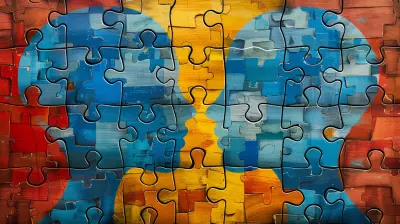
How Attachment Theory Informs Clinical Psychology
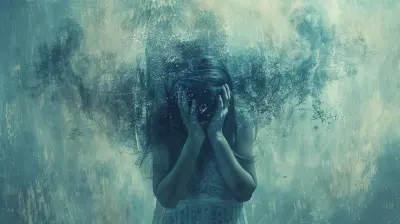
Coping with Health Anxiety: Strategies for Reassurance
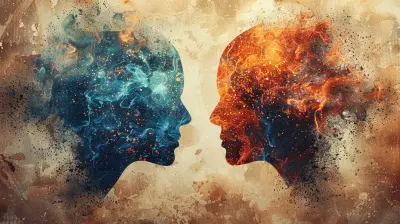
Emerging Research in Schizophrenia Treatment
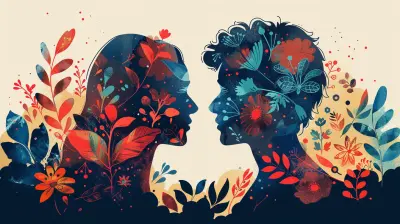
Understanding Relationship Anxiety and How to Overcome It
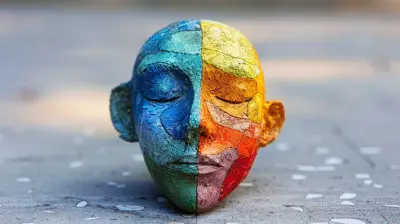
Navigating the Complexities of Bipolar Disorder
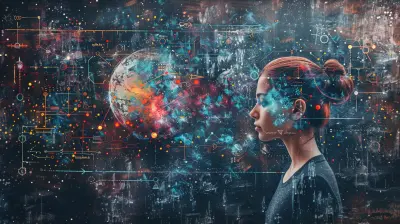
The Science of Memory: Why We Forget and How to Remember

Schizophrenia and the Role of Peer Support Systems